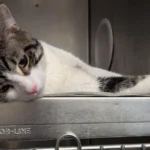Have you ever caught your cat shooting you that fierce glare, or maybe silently slinking away just when you thought you were bonding? Cats are mysterious little creatures, often adored for their quirks but not always easy to read. What if some of the things you do out of love are actually making your cat uncomfortable—or even driving them up the wall? It’s a shocking realization for many cat lovers. If you’ve ever wondered whether you’re accidentally stepping on your cat’s toes (figuratively, of course!), you’re not alone. Let’s unravel the secret world of feline feelings and uncover the habits that might be unintentionally annoying your furry friend.
Over-Petting: When Affection Becomes Annoyance
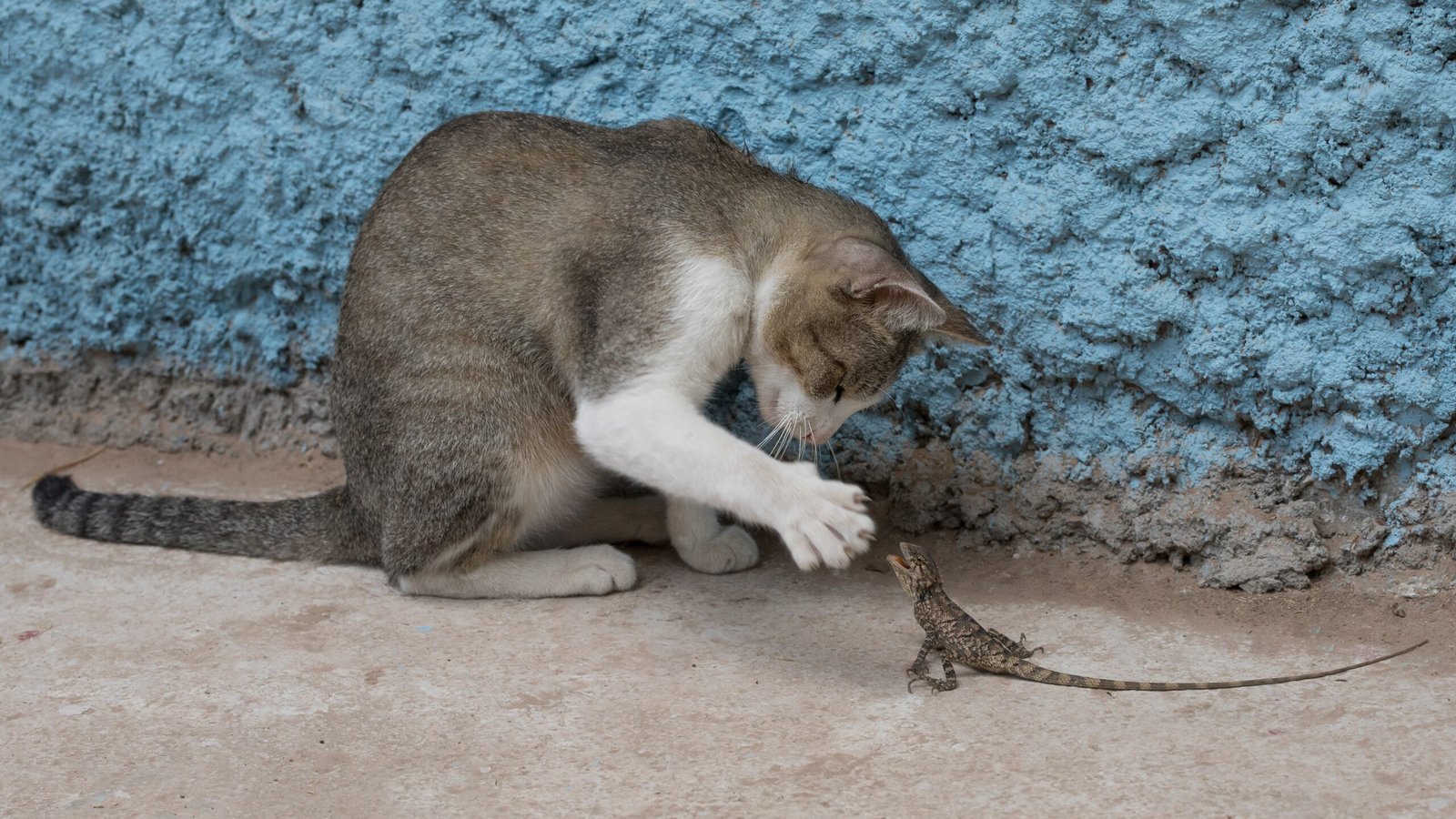
It’s natural to want to shower your cat with love and cuddles, but cats have a delicate threshold for physical affection. While some cats enjoy a good scratch under the chin, others may see too much petting as an invasion of their personal space. If your cat starts twitching its tail or flattening its ears while you pet them, that’s a clear sign they’ve had enough. Imagine someone tickling you long after you stopped laughing—it’s not so funny anymore, right? Pay attention to your cat’s subtle cues, and always let them decide when affection time is over. Too much handling can not only annoy them but also break their trust in you. It’s about quality over quantity when it comes to feline affection.
Ignoring Your Cat’s Body Language
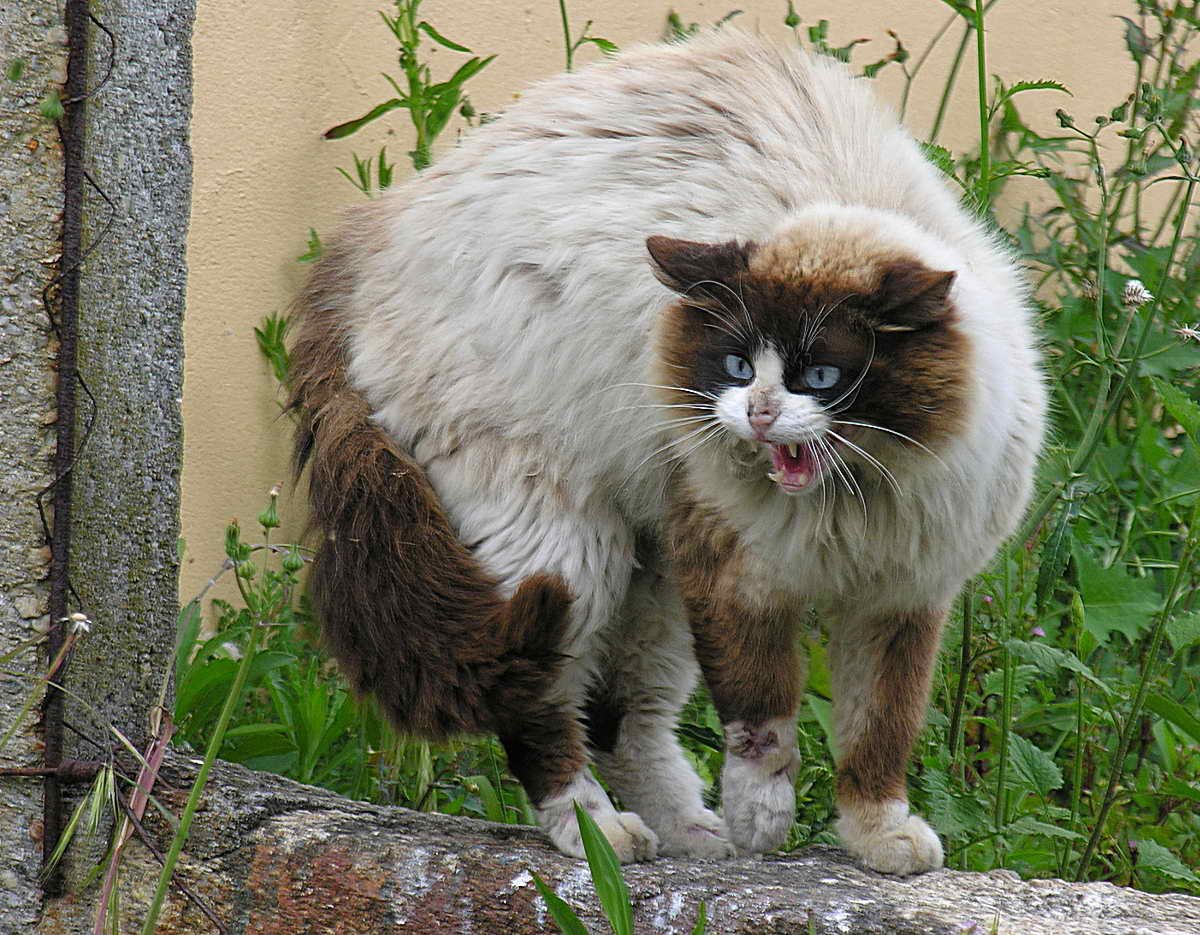
Cats are silent communicators, using tail flicks, ear positions, and even the dilation of their pupils to tell you how they feel. Ignoring these signals is like trying to hold a conversation without listening to a single word. For example, a swishing tail or a sudden freeze often means your cat is uncomfortable or overstimulated. If you keep petting or approaching them despite these warnings, your cat might see you as a pest rather than a pal. Learn to “read the room” when it comes to your feline—notice when they want space and when they’re in the mood for play. It’s a bit like learning a new language, but the emotional payoff is worth it.
Too Much Noise: The Feline Fear of Loud Sounds

Cats have super-sensitive hearing, much better than ours. Loud music, yelling, or even the constant buzz of the vacuum cleaner can be overwhelming, if not outright terrifying, for your cat. Imagine trying to nap with a rock concert going on in your living room—no wonder your cat bolts under the bed! Sudden noises can make them anxious and disrupt their sense of safety. If you live in a lively household, try to carve out a quiet haven for your cat. It will help them feel secure and less on edge. Remember, peace and quiet aren’t just preferences for cats—they’re necessities.
Overwhelming Scents: Cats and Sensitive Noses
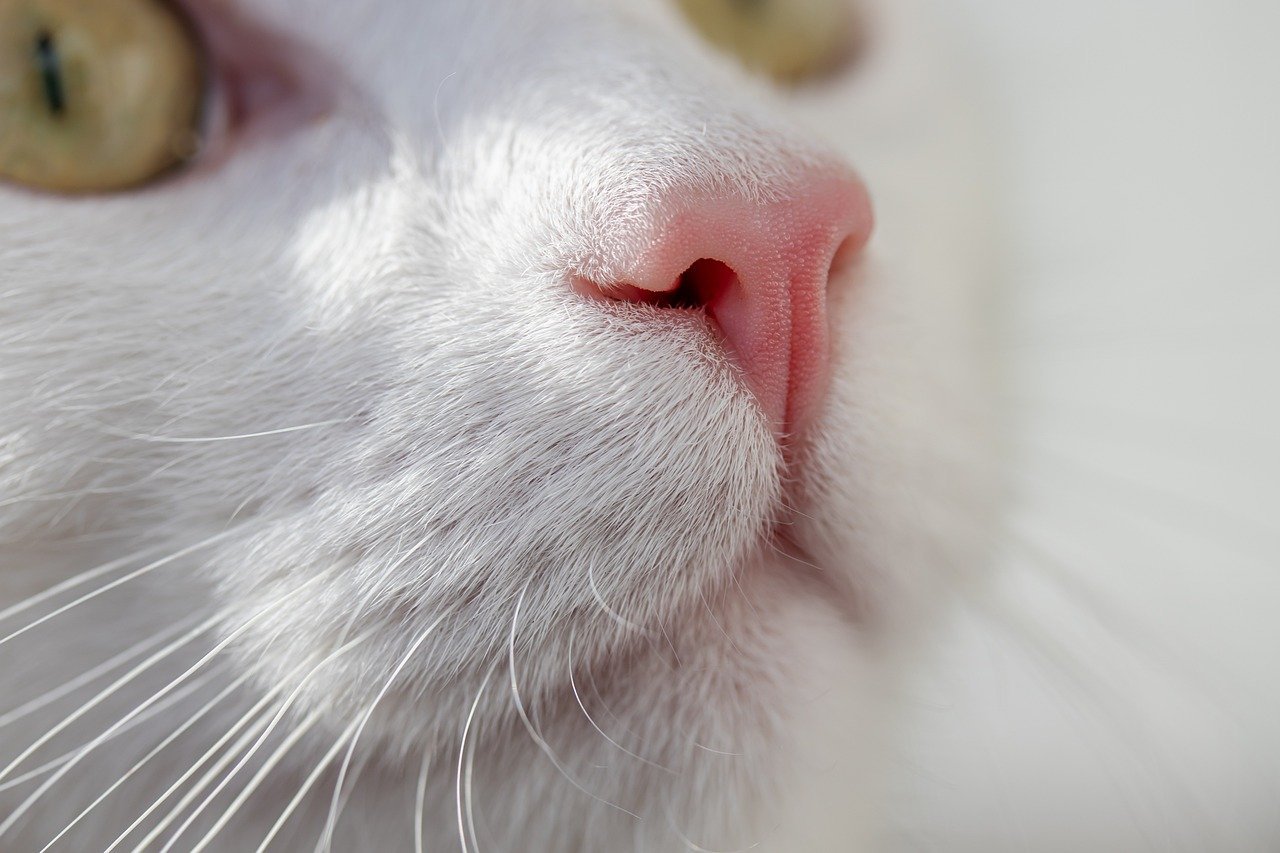
Your favorite scented candle or air freshener might smell like heaven to you, but to a cat, it can be overpowering. Cats rely heavily on their sense of smell to understand the world and feel safe. Strong perfumes, cleaning agents, or even some essential oils can irritate their noses and mask familiar scents. This can make your home feel foreign and unsettling. Think about how you’d feel if every room was doused in heavy cologne—it wouldn’t be pleasant for long. Keeping things fragrance-light, especially in your cat’s favorite spots, can go a long way in making them feel at ease.
Constantly Picking Up or Holding Your Cat
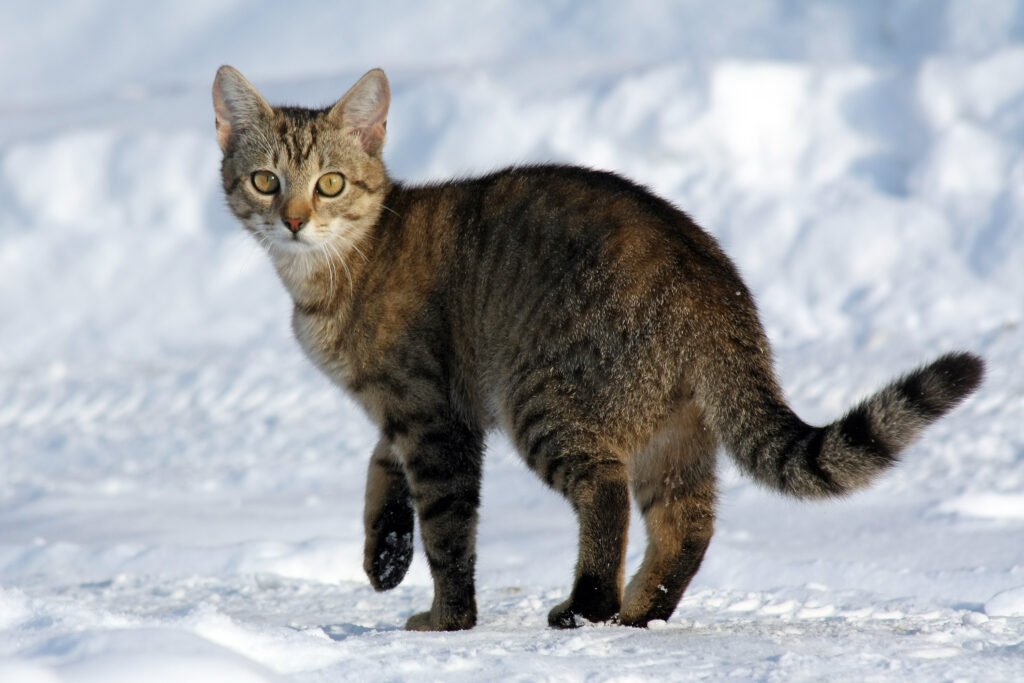
It’s tempting to scoop up your cat every time you pass by, especially when they look so irresistibly cute. But not all cats enjoy being handled or carried around. Some might tolerate it, but most prefer all four paws on the ground. Picking them up repeatedly can make them anxious or annoyed, especially if they’re startled or in the middle of something important, like grooming or napping. Imagine being picked up every time you settled on the couch—it would get old fast! Let your cat come to you for snuggles instead, respecting their autonomy.
Disrupting Their Routine
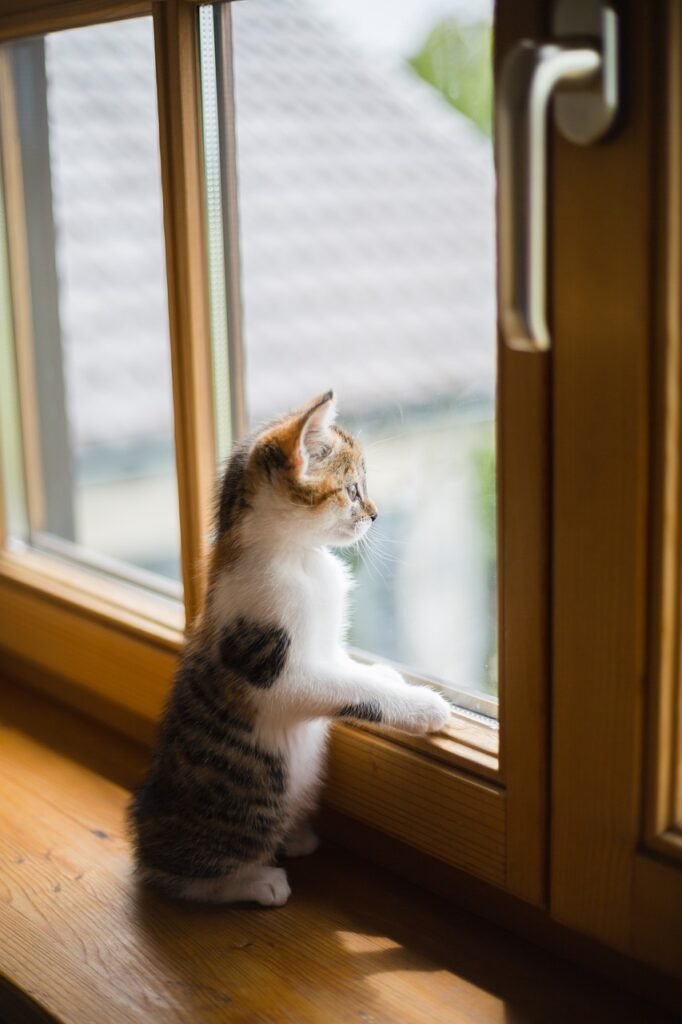
Cats thrive on predictability. Sudden changes—like feeding them at odd hours, moving their litter box, or changing where they sleep—can throw them into a tailspin. Routine gives cats a sense of control over their environment. If you keep shifting things around or forget their regular feeding schedule, your cat might end up feeling insecure or irritable. Think of it as someone rearranging your room every day without warning. Sticking to a routine, even on busy days, is one of the most loving things you can do for your cat.
Neglecting Playtime

Play isn’t just for kittens; even adult cats need regular play sessions to stay happy and healthy. If you ignore your cat’s playful invitations—those little pounces, chirps, or darting glances—you might be leaving them bored and restless. Cats need stimulation to prevent frustration and destructive behaviors, like scratching up your favorite chair. Making time for interactive play, even for just a few minutes each day, helps your cat burn off energy and strengthens your bond. Don’t let your busy schedule get in the way of your cat’s need for fun.
Using Strong or Harsh Discipline
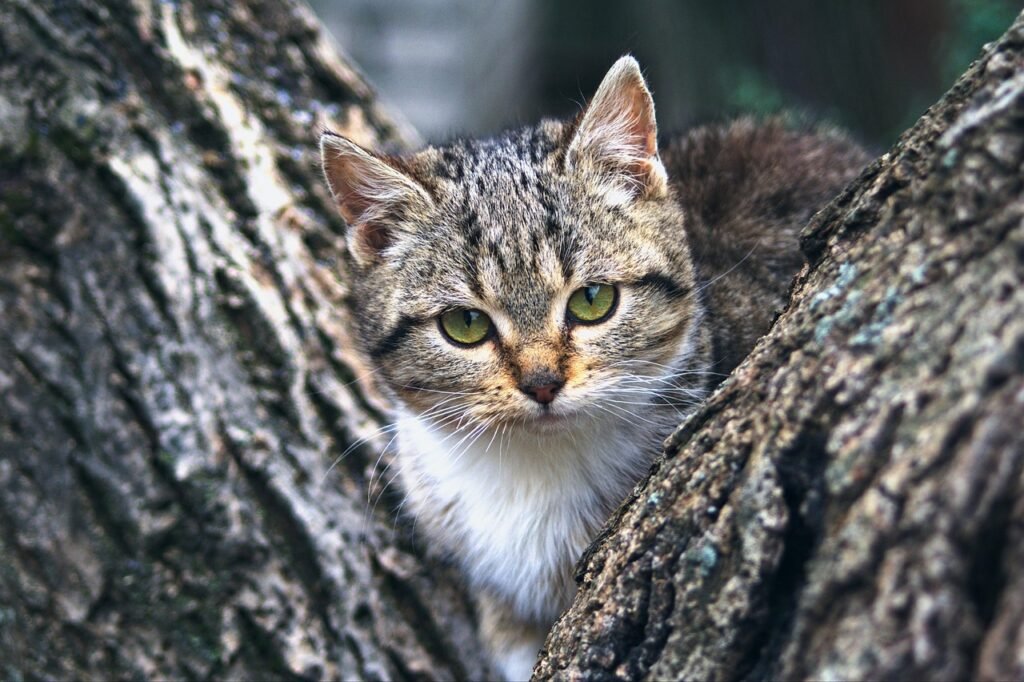
Yelling, spraying water, or physically punishing your cat can be incredibly confusing and frightening for them. Unlike dogs, cats don’t understand punishment in the same way, and harsh discipline only erodes trust. If your cat is doing something you don’t like, such as scratching furniture or jumping on counters, gentle redirection and positive reinforcement work far better. Imagine getting scolded in a language you don’t understand—it just causes stress and fear. Treat your cat with patience, and you’ll see better results and a happier companion.
Forcing Social Interactions

Not all cats are social butterflies. Some are shy and need time to warm up to guests or new situations. Forcing your cat to interact with strangers, children, or other pets when they’re not ready can be distressing for them. It often leads to hiding, hissing, or even aggression. Give your cat the freedom to choose when they want to socialize. It’s a bit like being at a party where you don’t know anyone and someone keeps dragging you into conversations—you’d want to escape, too! Respecting your cat’s boundaries shows you care about their comfort.
Ignoring the Litter Box Situation
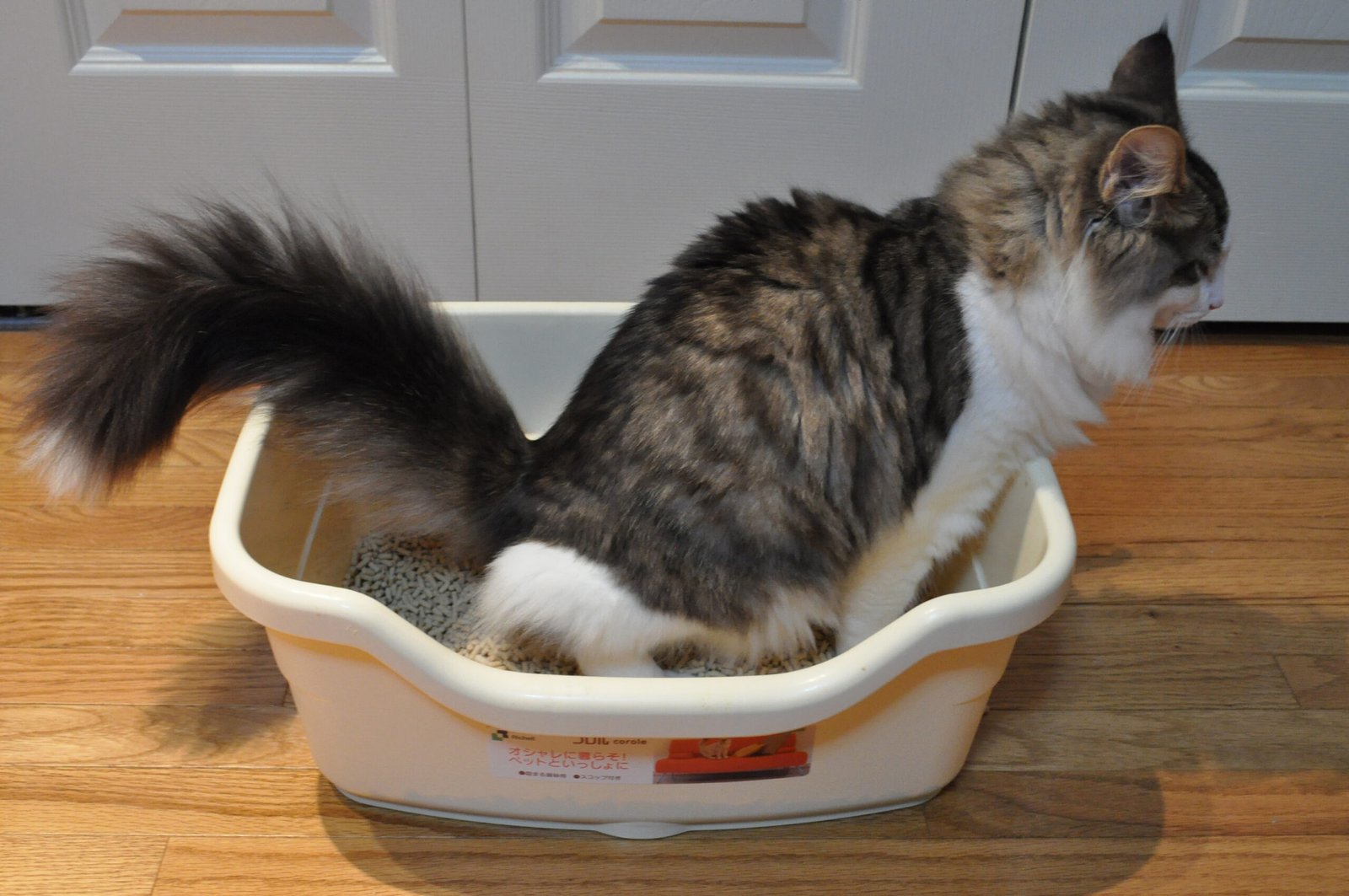
A dirty or poorly placed litter box is a big source of annoyance for cats. They are naturally clean animals and expect their bathroom to be tidy and private. Not scooping the box regularly, using a strong-smelling litter, or placing the box in a high-traffic area can make your cat avoid it altogether. This often results in “accidents” around the house—not because your cat is misbehaving, but because they’re trying to tell you something’s wrong. Consistent cleaning and a quiet location can make all the difference for your cat’s happiness.
Petting Sensitive Areas

Every cat has their own set of “no-go zones,” and for many, the belly, tail, and paws are strictly off-limits. Even if your cat lets you touch these areas occasionally, overdoing it can lead to biting or scratching. It’s similar to how some people love hugs while others cringe at the thought. Watch how your cat reacts when you pet different spots and respect their limits. Sticking to their preferred areas, like the head or under the chin, will keep both of you happier.
Lack of Hiding Spots or Safe Spaces
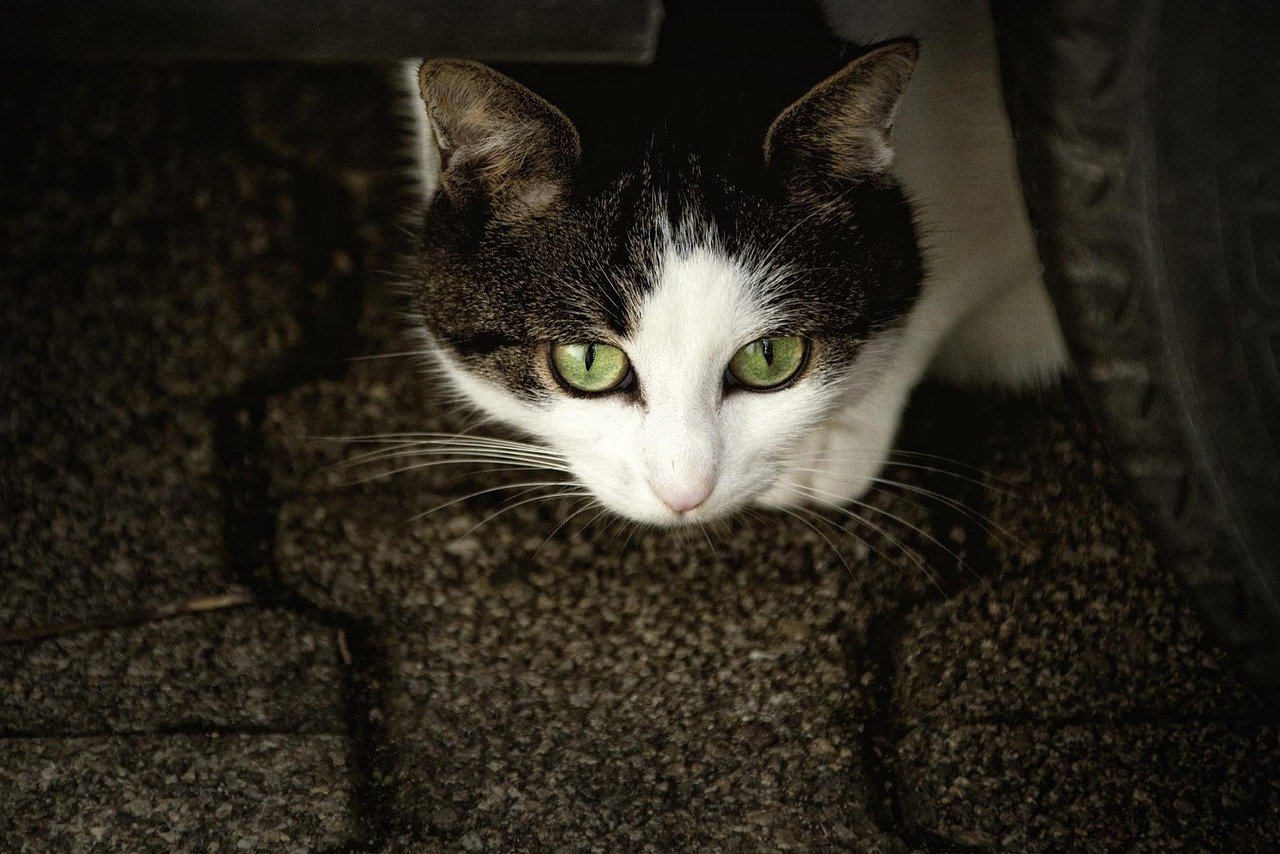
Cats need places where they can retreat and feel safe, especially in a busy or noisy household. Without cozy nooks or high perches, your cat may become stressed or anxious. Think of these spaces as their personal “safe haven,” where they can escape from the world for a while. If your home lacks these hideouts, your cat might spend more time under the bed or in the closet, simply to get away. Providing a comfy bed, a covered cat condo, or even a cardboard box can work wonders for their well-being.
Changing Furniture or Redecorating Frequently
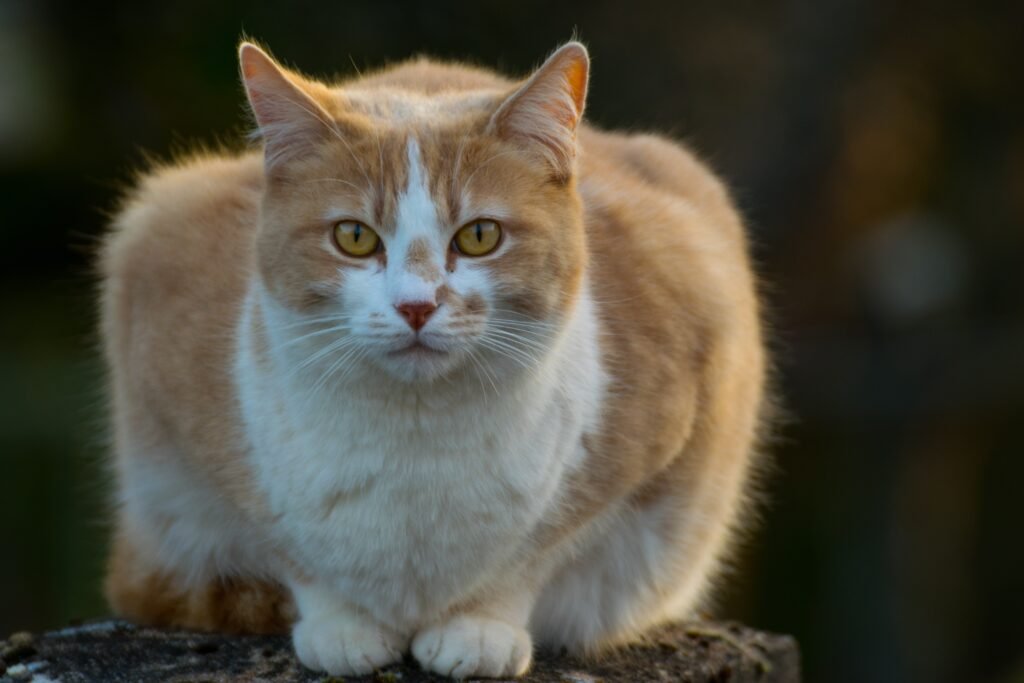
While you might love a fresh look in your living room, constant changes can make your cat feel lost and unsettled. Cats are creatures of habit and rely on familiar scents and layouts to navigate their territory. Rearranging furniture or bringing in new pieces too often can stress them out. It’s a bit like returning to your house and finding all the doors have moved! If you need to redecorate, try to do it gradually, giving your cat time to adjust.
Ignoring Health Issues or Changes in Behavior
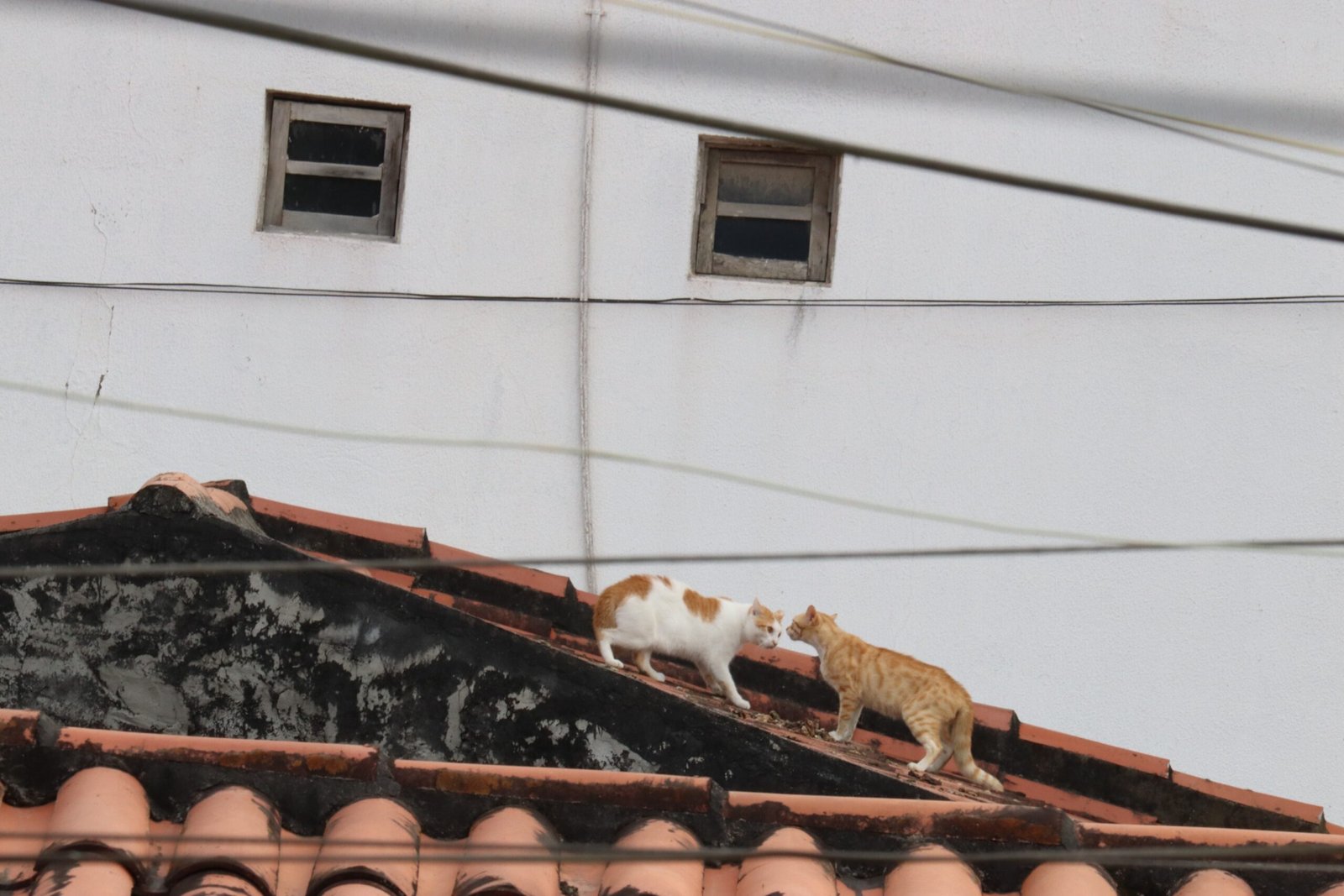
Sometimes, what seems like “annoyance” from your cat is actually a cry for help. Changes in appetite, grooming, or litter box habits can signal health problems. Brushing off these changes as moodiness can worsen the situation. If your usually cuddly cat suddenly becomes withdrawn, it’s important to pay attention and consult your vet. Addressing health issues promptly can prevent discomfort and deepen the trust between you and your cat.
Leaving Food Out Too Long or Serving Unappetizing Meals

Cats can be surprisingly picky eaters, and stale food or a dirty food bowl is a big turnoff. Leaving wet food out for too long or not washing the bowls regularly can make your cat turn up their nose. Imagine being served yesterday’s leftovers in a dirty dish—hardly appetizing! Serving fresh meals and keeping bowls clean shows your cat you care about their dining experience.
Allowing Boredom to Set In

Cats may seem like they enjoy lounging all day, but they need mental and physical stimulation to stay happy. An environment with nothing to do can lead to boredom, and in turn, mischief. Scratching, knocking things over, or incessant meowing can all be signs your cat is craving activity. Simple things like rotating toys, setting up a bird-watching perch, or hiding treats around the house can make everyday life more exciting for your cat.
Too Many Unfamiliar Guests

While some cats are social, others find a constant stream of visitors overwhelming. Each new person brings strange scents and unpredictable behavior, which can unsettle your cat. If your home feels like Grand Central Station, your cat might start hiding more or acting out. Give your cat space to retreat when guests arrive, and let them approach on their own terms. It’s a gentle way of saying, “I respect your comfort zone.”
Neglecting Claw Care and Grooming

Cats are fastidious groomers, but they still need your help—especially with claw trimming and brushing. Letting claws grow too long can make walking uncomfortable, and mats in their fur can be downright painful. Grooming sessions can also be a great bonding time, as long as you’re gentle and patient. If your cat runs at the sight of the brush or clippers, take it slow and reward them with treats. A well-groomed cat is a comfortable, happy cat.
Not Providing Vertical Space
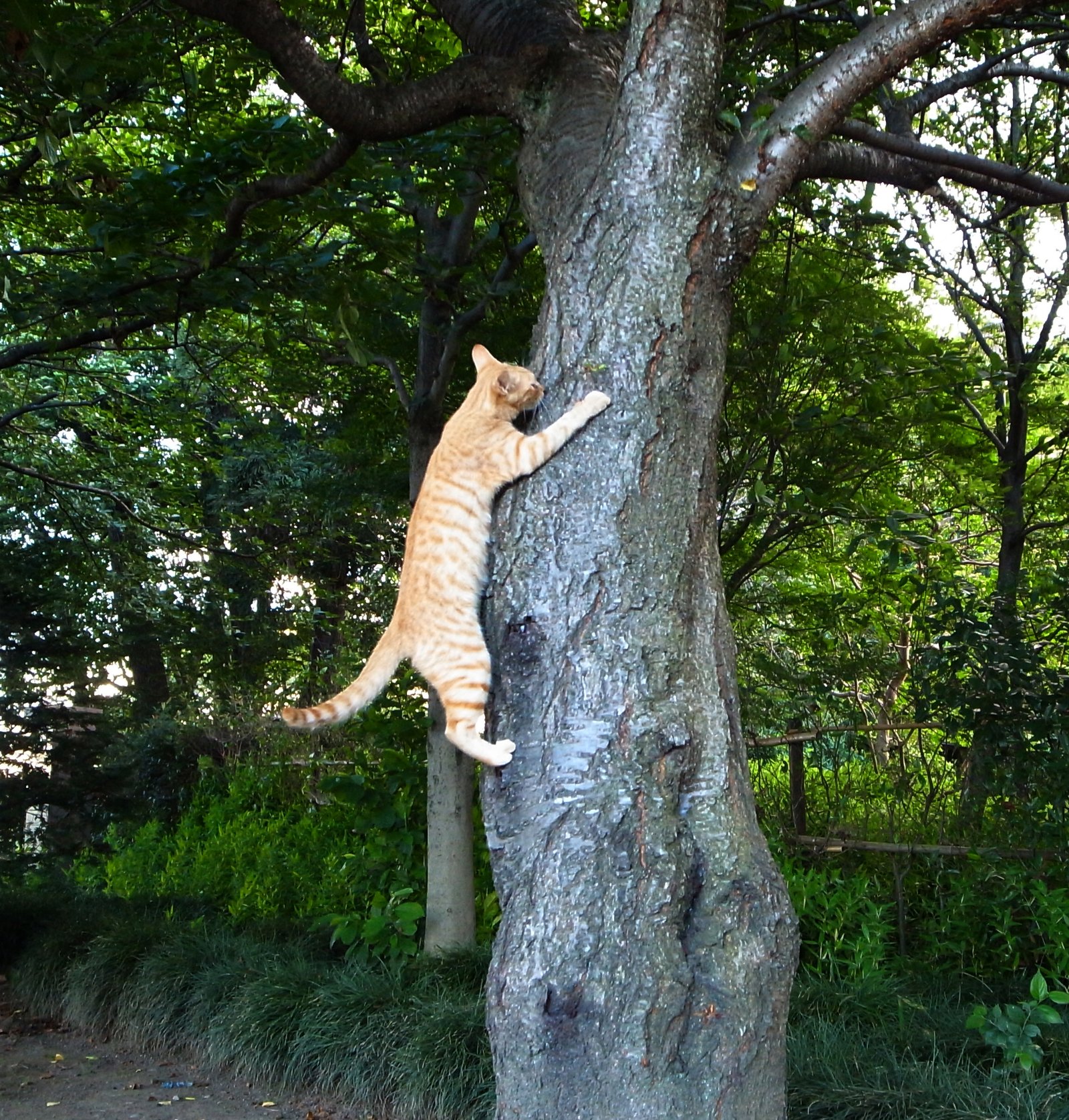
Cats love to climb and perch—it’s in their nature. A home without shelves, cat trees, or accessible high spots can feel flat and boring. Vertical spaces give cats a sense of control and security, letting them survey their domain from above. If your cat is always jumping on countertops or bookshelves, they’re probably craving more climbing options. Adding a window perch or a tall scratching post can make a world of difference.
Forcing Cat Costumes or Accessories

It’s hilarious to see cats dressed as pirates or pumpkins, but most felines hate wearing costumes or accessories. These outfits can feel restrictive, confusing, or even scary. Forcing your cat into a costume, especially for your own amusement, can break their trust and make them wary of you. While a cute photo might be tempting, it’s rarely worth the stress it causes your cat. Respect their dignity—even if it means fewer funny photos for social media.
Overlooking the Power of Scent Marking

Cats mark their territory with scent glands on their cheeks, paws, and tail. When you constantly clean or replace items your cat has marked, you’re erasing their sense of ownership. This can make them anxious or even lead to spraying in new places. Letting your cat’s scent linger on their favorite blankets or scratching posts helps them feel secure. It’s like having your favorite pillow at home—comforting and familiar.
Cats are complicated, fascinating little beings with strong preferences and delicate sensitivities. By understanding what makes them tick—and what ticks them off—you can create a happier, closer relationship with your feline friend.
Hi, I’m Bola, a passionate writer and creative strategist with a knack for crafting compelling content that educates, inspires, and connects. Over the years, I’ve honed my skills across various writing fields, including content creation, copywriting, online course development, and video scriptwriting.
When I’m not at my desk, you’ll find me exploring new ideas, reading books, or brainstorming creative ways to solve challenges. I believe that words have the power to transform, and I’m here to help you leverage that power for success.
Thanks for stopping by, Keep coming to this website to checkout new articles form me. You’d always love it!

